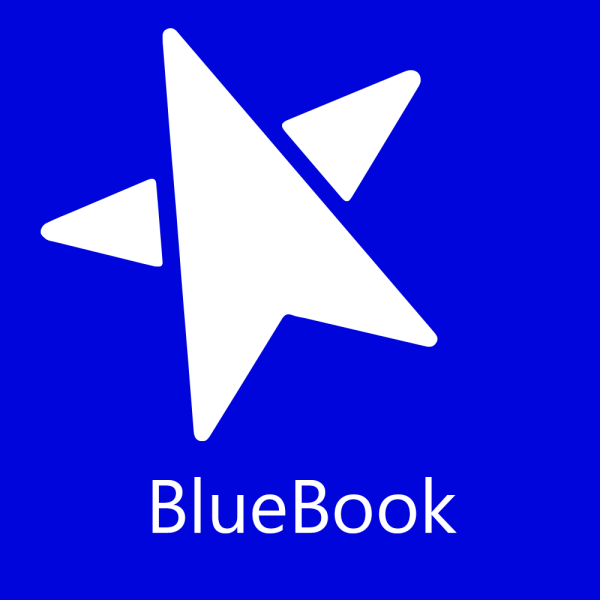NaNoWhat Now?—Writing 50,000 Words in 30 Days
You may have probably heard whispers of fear from writers around you—English majors, literature fanatics, maybe even from the Writing Center—there’s a sense of dread slowly creeping and it’s definitely not because of Halloween. Well, only sort of. Today, Halloween, marks the eve of something more sinister and all consuming, it’s well timed that this laborious and intensive writing challenge occurs in the month of All Souls Day.
November. The penultimate month of the first semester, the year. There’s nothing quite like the sense of dread this month can bring. But writers know this month by a different name—NaNoWriMo.
 Despite the cute and slightly weird acronymy, NaNoWriMo stands for National Novel Writing Month. Created in 1999, NaNoWriMo exists as the largest writing event in the world, with over 400,000 people—including over 95,000 K-12 students and educators—as well as over one hundred countries participating. Thousands of people embark on the challenge to start writing a novel in the span of thirty days, with a writing goal of 50,000 words. For November 2018, they’ll be guided by the theme: “NaNoWriMo Is…” On the surface, it’s seems quite an enormous undertaking—it is easy to become wrapped up in the stress and the hustle and bustle of making sure to reach the word count. But the true meaning of the challenge is more than just reaching 50,000. NaNoWriMo exists to encourage creativity, education, and the power of the imagination.
Despite the cute and slightly weird acronymy, NaNoWriMo stands for National Novel Writing Month. Created in 1999, NaNoWriMo exists as the largest writing event in the world, with over 400,000 people—including over 95,000 K-12 students and educators—as well as over one hundred countries participating. Thousands of people embark on the challenge to start writing a novel in the span of thirty days, with a writing goal of 50,000 words. For November 2018, they’ll be guided by the theme: “NaNoWriMo Is…” On the surface, it’s seems quite an enormous undertaking—it is easy to become wrapped up in the stress and the hustle and bustle of making sure to reach the word count. But the true meaning of the challenge is more than just reaching 50,000. NaNoWriMo exists to encourage creativity, education, and the power of the imagination.
“[It] is more than just a writing challenge. NaNoWriMo is an opportunity to step out of your everyday life, open your mind to infinite possibilities, and create new worlds with people from around the globe. It’s a joyous leap into unexplored worlds, a laboratory of the imagination, a chance to free yourself from the obstacles that prevent you from telling your story. Our stories help us understand ourselves and others, so we need our stories more than ever in this age to bridge connections and heal divides,” says Grant Faulkner, Executive Director of NaNoWriMo.
NaNoWriMo isn’t about obsessing over the word count. Hundreds of NaNoWriMo novels have been traditionally published, including Sara Gruen’s Water for Elephants, Erin Morgenstern’s The Night Circus, Marissa Meyer’s Cinder and many more. But to get there, these authors didn’t just write words for the sake of reaching the goal.
They sat down and started their project, with a mind open to learning how to manage that project and to keep going even when it gets hard. Through the process of it all—building skills, forming habits, developing discipline—you learn more about yourself as a creator and what your style is. Writing is not easy and most times it’s frustrating. Capping it at a high 50,000 simply escalates that stress. But the word count isn’t what matters when all it is is a target to shoot for.
All the things learned through those thirty days—whether it’s making breakthroughs or making mistakes—the end project made during the month is much more cherished when you can appreciate what discoveries made during the process. Sure it’s a contest and there’s prizes, but you’re really only playing yourself. The value of the words you write lies in how much of a better writer you became within the span of thirty days.





